What is a food handler?
Anyone who handles food items as part of their role in the business, whether the foods are wrapped or unwrapped (open). Temporary or part time staff who do not handle open food are known as ‘non-food handlers’ and do not require the same level of training as food handlers (though it doesn’t hurt!).
Food handlers can satisfy the legal requirement for them to be “trained in food hygiene matters” by gaining a level 2 food hygiene qualification.
What do food hygiene courses cover?
Hygiene courses cover all practices that you’d want staff to be aware of. A typical level 2 course (ideal for food handlers) will cover health & safety in the workplace, HACCP, risk assessments, food poisoning, cleaning, refuse, pest control and personal hygiene amongst other subjects.
A level 1 hygiene training course (for part time or temporary staff) course will cover more basic aspects of food hygiene, such as pest control, food storage, waste disposal, personal hygiene and temperature control.
Courses for supervisors, managers and business owners (level 3 food hygiene) typically develop extensive knowledge of the principles of food hygiene so that they are equipped to practice food hygiene and ensure its maintenance throughout the rest of the business.
What’s the easiest way to train staff?
You’re required by law to give staff the appropriate training in food hygiene and safety in line with their work activity. The easiest way to do this is for all of your employees to obtain an official training course certificate.
If you can show an EHO a bunch of certificates to prove that you and your staff are qualified to the preferred levels in food hygiene, you’ll make life easier for yourself.
Which training provision is best?
There’s a wide range of different training providers that offer Food Safety training, including on site providers, councils and colleges and online training courses. The latter tends to be the most popular because of convenience.
Online training courses have exploded in popularity over the last 5 years as they are a lot cheaper and can be done during evenings and weekends.
Some companies offer training and certificates that are not rigorous enough and which EHO’s will not accept, so be careful about the courses you select.
What about other courses?
There are lots of training courses available for mobile caterers as well as food hygiene. You’ll find that these are some of the more useful:
As a business owner you legally need to undergo HACCP training, but you’ll find that training from all of the listed courses will be very helpful for you and your staff in your mobile catering business. And, luckily for you, you can get this training in one place, right here.
The best training courses for mobile caterers
CASS has developed online training courses specifically for the mobile catering industry. They’ve been audited by Greenwich Borough Council through our primary authority partnership, and accredited by City & Guilds too.
NCASS training courses are the most highly respected and recognised available for mobile caterers in the UK. The courses allow you to train anywhere and to stop and start as you go.
The online courses are ideal for you and your staff because you can train at your own pace and save money with excellent course bundles.Plus, you can retake the course exams as many times as you need to gain your City & Guilds accredited certificate.
Training course places are included in NCASS membership
When you join NCASS you’ll receive lots of places on our online training courses. That’s how you’ll make your biggest saving on training for mobile catering businesses.
If you’ve got lots of staff to train, it just makes sense to join NCASS. The only thing left to pay is a small certificate fee to cover your City & Guilds accreditation and your laminated certificate.







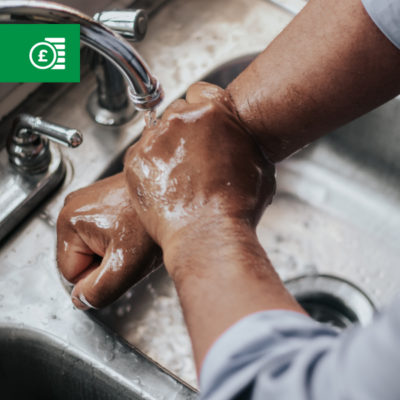


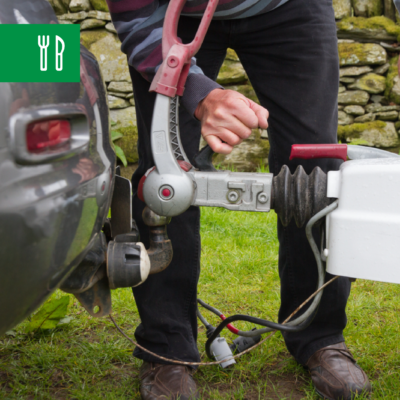


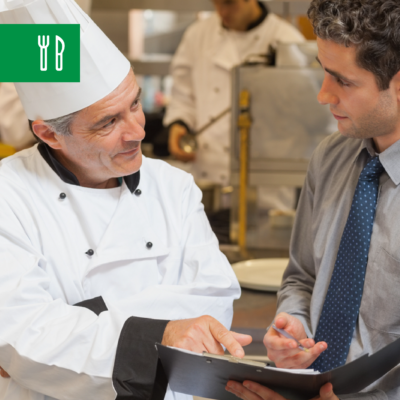



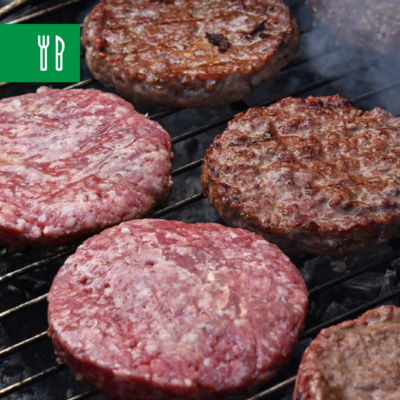

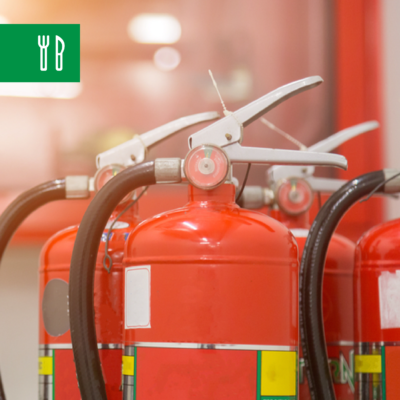






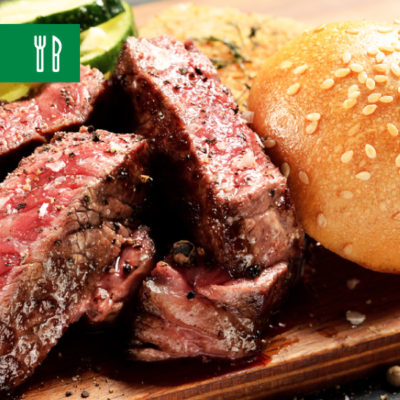
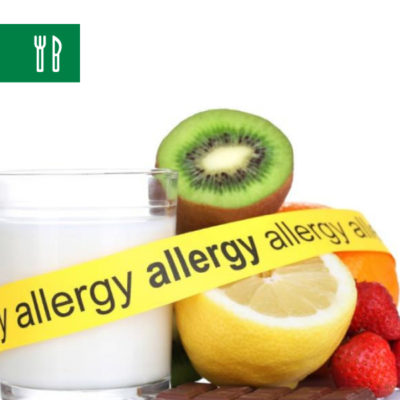
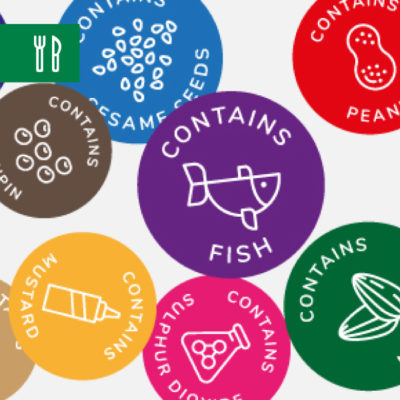
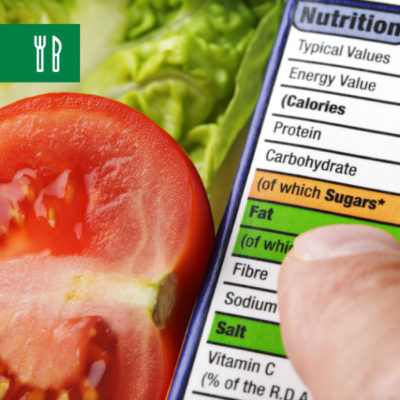
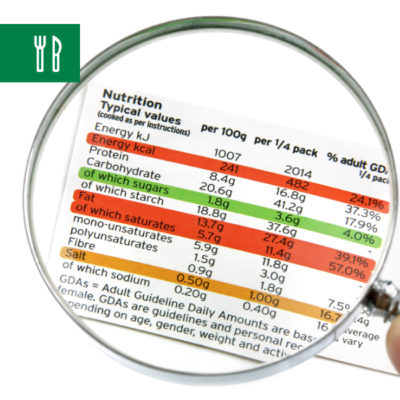

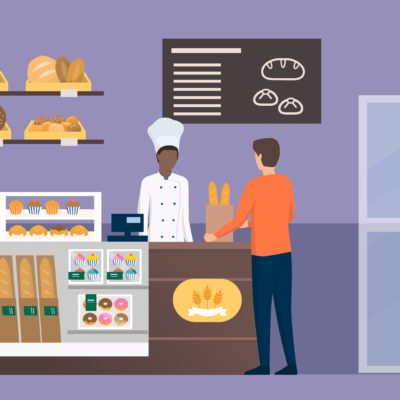
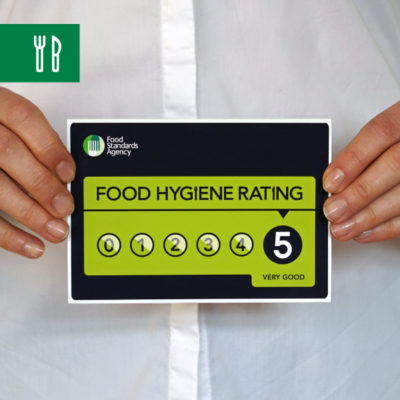
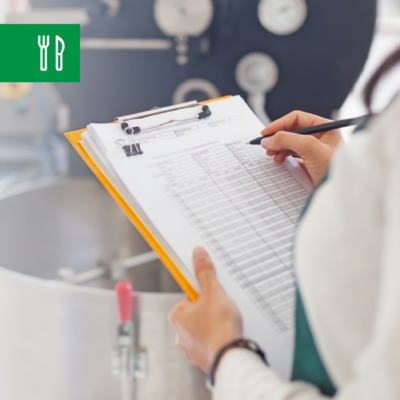

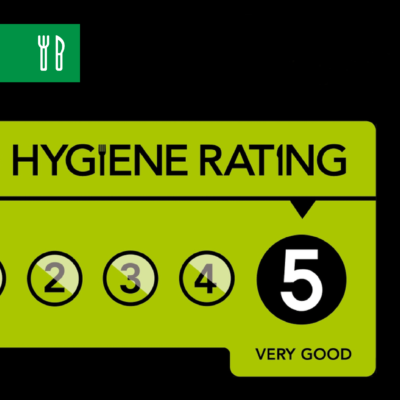
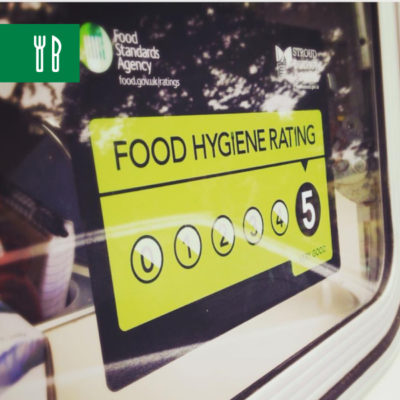


 Featured Training
Featured Training